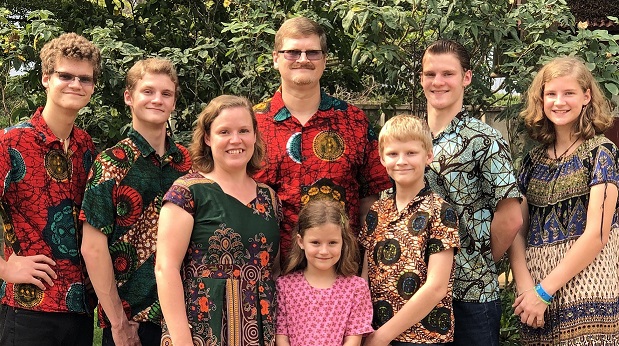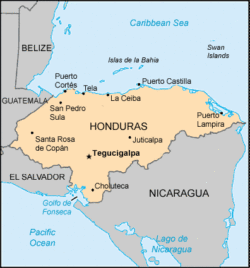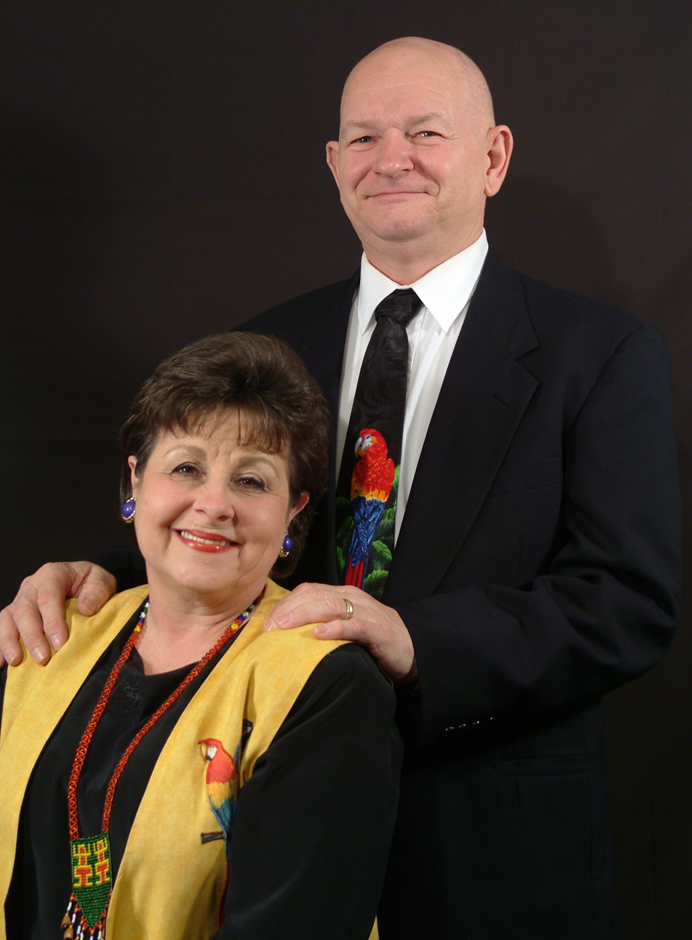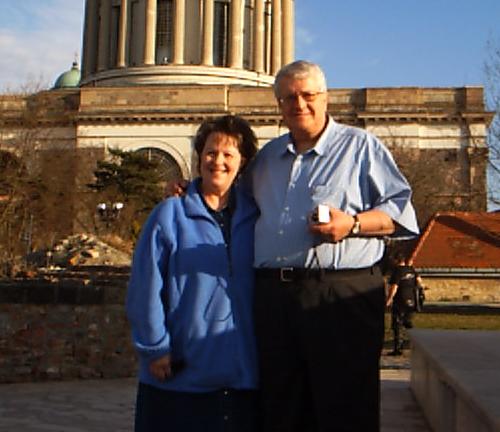To effectively communicate the Word of God, the missionary must speak and understand the language. Since the meaning of words is bound and hidden in the culture, the missionary should diligently study the culture just as he studies the language. It is a serious mistake to assume that another’s culture is the same as ours. It never is. Another error is thinking that all we need do is proclaim truth, and our truth will somehow push all the falsehood out of the minds of our congregation. This is wishful thinking. Often our truth is only mixed with their error, resulting in pagan beliefs with a Christian veneer. We call this syncretism. There is a school of thought (a growing one we hope) that advocates applying principles of cultural anthropology in learning culture just as we apply principles of linguistics in learning speech.
Worldview is the area of culture that deals with people’s beliefs. For instance, what do they believe about God, spirits, man’s spirit, life after death, and anything supernatural? It is easy to see why the missionary must understand what people believe in order to teach them spiritual truth and avoid syncretism. Another very important area of culture that is often overlooked is called social organization. This deals with how people are related to each other. All people are organized into families, but not all see their kinship in the same way as we see ours.
Just as a missionary should do a thorough linguistic analysis to understand how sounds function to make words and sentences, he should also do a kinship analysis to discover how the society functions to form families. Kinship determines the way people interact with each other and the responsibilities they have to other members of their group. It determines eligible marriage partners, the price a man will pay for a bride, and the way he treats his wife or wives. It determines where the bride and groom will live. It may explain why a man seeks revenge on some within the group. It also determines his obligations to his dead relatives. A person may not cease being a member of the family just because he dies. A man that offers the correct sacrifices and says the right prayers pacifies the spirit of a dead relative. Then when he dies, he expects that his family will do the same for him. Many believe that the welfare of the departed soul depends on the faithfulness of the living kinfolk. (The Purgatory dogma of Romanism is an example of this.) The belief of many is that this departed ancestor has power to help or harm the living, depending on how well they take care of him. Often the missionary is aware that some kind of “ancestor worship” is going on, but because of his ignorance of their worldview and kinship system, he will not effectively deal with these secret areas of life. He may exert pressure on young believers and cause them to hide their pagan practices, but they may not leave them. After all, why should they change? All the people in their society believe that their way is true. And one foreigner, who can barely speak their language, tells them that they are all wrong. (This only emphasizes the need for God’s Word in their heart language. When there is a Bible in their language, the issue ceases to be “thus saith the missionary” and becomes “thus saith God.”)
We stated that the missionary can err by failing to recognize the differences between his culture and the native one. The missionary will likely assume that the native kinship system is very much like his; it probably is not. Just as the sound system and the grammatical system of a language have a certain order and make perfect sense to the speakers, the kinship system also has order and meaning to the people. As a child learns to speak, he learns who he is related to and exactly how to act toward them. No doubt the people expect the missionary to know what a child knows.
Let’s consider the matrilineal kinship system of the Navajo. Matrilineal does not mean that women are bossy and rule the men, but that kinship descent is viewed only through the females. A man, whom we will call Bill, belongs to his mother’s clan. Bill is exogamous (will marry a woman from a different clan). She belongs to her mother’s clan and their children belong to that same clan, not Bill’s. But Bill’s sister’s children do belong to his clan, though Bill’s brother’s children do not. Bill will most likely view his nephews and nieces differently, depending on whose children they are. This is probably very confusing to an outsider, but to Bill, and to the missionary trained in anthropology, it makes perfect sense. The missionary needs to become an insider. Now, along with relationship comes responsibility. It is possible that Bill will have some obligations to his sister’s children that he does not have toward his own children, because his belong to a different clan. Kinship is important to the people; it should be important to the missionary also.
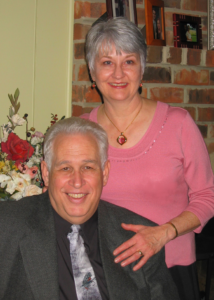 Jerry became a marine at age seventeen, and the people back home in Michigan thought he was a Christian. He had made a profession of faith at age twelve, but his life showed little evidence of salvation. One evening, Jerry and three other marines planned to go to town and get drunk. A corporal, however, needed a truck driver, and Jerry had to stay on duty. On their way home, his buddies hit a bridge abutment, and two were killed. Later, Jerry requested a transfer to Okinawa, a staging area for Vietnam, but that move was canceled because a new plan to marry Barbara developed. A marine friend, who also wanted to go to Okinawa, took Jerry’s place on the plane which crashed, killing all on board. Jerry was actually saved in 1967 after leaving the Marine Corp and while attending a Bible college. Barbara, his wife of 40 years, was raised in the home of a godly Baptist preacher and was saved by the same marvelous grace at age fourteen.
Jerry became a marine at age seventeen, and the people back home in Michigan thought he was a Christian. He had made a profession of faith at age twelve, but his life showed little evidence of salvation. One evening, Jerry and three other marines planned to go to town and get drunk. A corporal, however, needed a truck driver, and Jerry had to stay on duty. On their way home, his buddies hit a bridge abutment, and two were killed. Later, Jerry requested a transfer to Okinawa, a staging area for Vietnam, but that move was canceled because a new plan to marry Barbara developed. A marine friend, who also wanted to go to Okinawa, took Jerry’s place on the plane which crashed, killing all on board. Jerry was actually saved in 1967 after leaving the Marine Corp and while attending a Bible college. Barbara, his wife of 40 years, was raised in the home of a godly Baptist preacher and was saved by the same marvelous grace at age fourteen. Most people would rather live with a problem they are familiar with than try an unfamiliar solution. This mentality is akin to the saying that insanity is doing the same thing over and over, expecting different results.
Most people would rather live with a problem they are familiar with than try an unfamiliar solution. This mentality is akin to the saying that insanity is doing the same thing over and over, expecting different results.